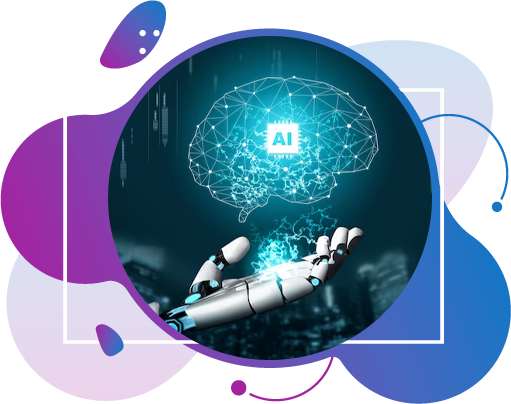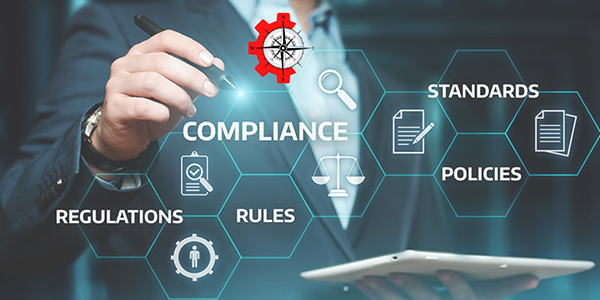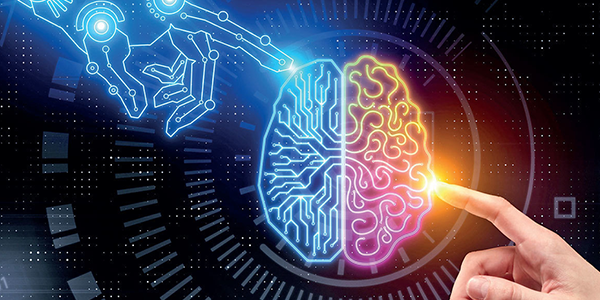Features of Artificial Intelligence
Artificial Intelligence (AI) exhibits various features that enable machines to perform tasks that
typically require human intelligence. Some of the key features of AI include:
Learning
AI systems can learn from experience and improve their performance over time without explicit
programming. This learning process is often facilitated through machine learning algorithms.
Reasoning
AI can use logical reasoning and decision-making processes to analyze data, recognize patterns,
and draw conclusions.
Problem-Solving
AI is capable of solving complex problems by processing large amounts of data and generating
optimal solutions.
Natural Language Processing (NLP)
AI systems can understand and interpret human language, enabling them to interact with users
through voice or text-based interfaces.
Computer Vision
AI can interpret and process visual information from images and videos, enabling tasks like
image recognition, object detection, and facial recognition.
Robotics
AI can be integrated with robots, enabling them to interact with their environment, perform
physical tasks, and adapt to changes in their surroundings.
Speech Recognition
AI systems can recognize and transcribe human speech, enabling features like voice assistants
and speech-to-text conversion.
Predictive Analytics
AI can analyze historical data and make predictions about future events, trends, or outcomes.
Autonomous Systems
AI can power autonomous systems, such as self-driving cars and drones, enabling them to navigate
and operate without human intervention.
Expert Systems
AI can be used to develop expert systems that emulate the knowledge and decision-making
capabilities of human experts in specific domains.
Context Awareness
AI systems can adapt their behavior and responses based on the context of the situation or the
user's preferences.
Deep Learning
AI utilizes deep neural networks, a subset of machine learning, to process and analyze complex
data, leading to breakthroughs in areas like image and speech recognition.
Creativity and Generative Models
AI can be used to generate new content, such as art, music, and writing, using generative models
like GANs (Generative Adversarial Networks).
Emotional Intelligence
Some AI systems are designed to recognize and respond to human emotions, allowing for more
empathetic interactions.
Predictive Analytics
Real-Time Decision-Making: AI can process and analyse data rapidly, enabling real- time
decision-making in various applications, such as financial trading and fraud detection.
The features of AI are continuously evolving and improving as research and development in the
field progress. AI's versatility and adaptability make it a transformative technology with
wide-ranging applications across industries and domains.













